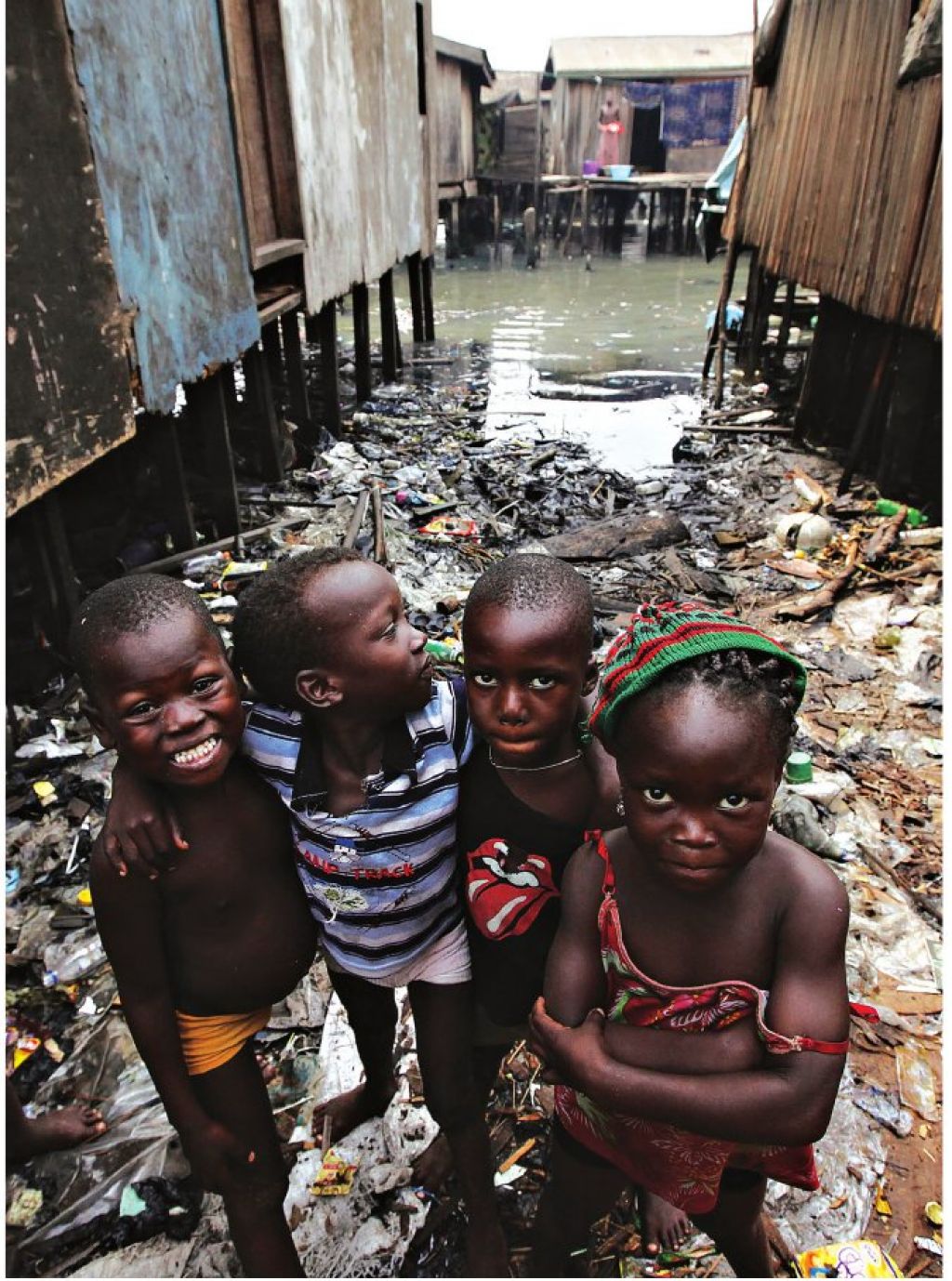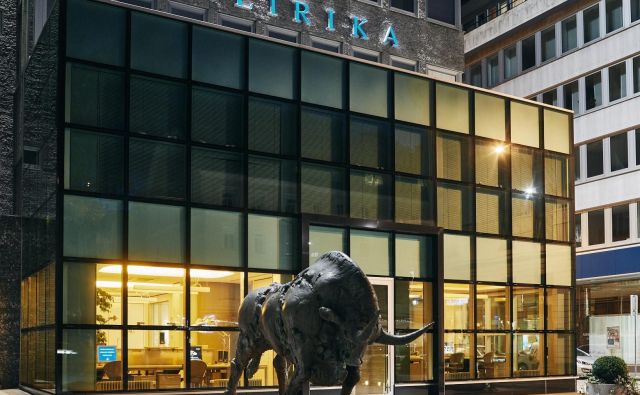YENAGOA, Nigeria - Closer to the people, schools are crumbling, commerce spills from squalid shacks, soldiers operate checkpoints and militants hide in creeks. Billions of dollars of Nigeria's immense oil riches have been funneled to places like this in the last year alone, yet they have not brought the country peace. The region is still plagued by huge disparities of wealth, kidnappings, sabotage and threats of more to come.
In recent months this conundrum a flood of oil wealth yet continued unrest and poverty has emerged again amid signs that the rebellion is not over. A deadly bombing attack claimed by southern insurgents struck at the heart of Nigerian power in Abuja, the capital,
killing at least 12 people in October. Since then, gunmen have attacked an offshore oil rig and seized hostages, including two Americans. The Nigerian military has conducted raids on militants, with civilian casualties.
Making sure oil profits return to this impoverished region is a rallying cry of the militants, but the recent increase in money here - a great deal more money - has brought more questions than calm to the Niger Delta.
In particular, foreign diplomats, analysts and rating agencies, not to mention the residents themselves, wonder what the government has done with nearly $30 billion in supplementary oil revenues. More of this money has gone to the Niger Delta than anywhere else, under a federal formula that favors the oilproducing region, but evidence of how it has been spent is elusive.
Toward the end of 2008, about $30 billion sat in Nigeria's Excess Crude Account, a government fund of extra revenue that exceeds what the government has budgeted from the projected price of oil. When oil prices are high, money flows into the account, and it becomes an irresistible, unaccounted for jackpot, especially for the largely autonomous governors of Nigeria's 36 states, according to financial analysts and government watchdog groups.
From $30 billion, the fund had trickled down to about $450 million by mid-2010, according to Veronica Kalema of Fitch Ratings, which late last year down-graded Nigeria's out look from "stable" to "negative" partly because of the vast and largely unaccounted outflow from
the Excess Crude Account.
By the beginning of this year, the fund had t r ickled down to about $30 0 million,according to reports in the Nigerian media. Officials with the Finance Ministry did not respond to calls for com-ment this month, but about $15 billion was spent in 2010 alone, Ms. Kalema said.
Some of the vast pile of cash, perhaps $5 billion to $8 billion, has been spent on sofar unfruitful efforts to upgrade Nigeria's feeble power output. But the rest, some $22 billion or more, remains largely unaccounted for. "Where the hell did the remaining $22 billion-plus go?" asked a foreignbased adviser to the Nigerian government who asked to remain anonymous. "Most of the remaining $22 billion was drawn down by the state governments without any particular projects to spend it on, just on the basis of, there's money sitting in the accounts, let's draw it down."
It is possible that nobody has a clear picture of what has become of this vast sum after it was parceled out at meetings of the state governors. "It's basically free money," said another financial consultant who has advised the Nigerian government. "Once you get it, there are no checks and balances on what happens to it ."
The results, or lack of them, are vis-ible in places like this steamy state capital at Nigeria's southern edge. Empty
grandiose shel ls - the unf inished hotel looks like a giant waffle cone - tower over swamps, near brand-new poured-concrete government buildings along-side ramshackle corrugated-metal-roofed shacks.
Along Isaac Boro Road are sprawling mansions and hotels, some finished and some not, and "all or nearly all belongto members of the state house of assembly, which is quite disconcerting tome," said Antoine Heuty of the Revenue Watch Institute, financed by George Soros, which runs a budget-watchingproject here in Bayelsa State.
Yet Bayelsa State has become, in theory, one of the more transparent inNigeria, putting its annual budget onthe Internet and moving toward paying salaries electronically, not in the cash that is otherwise omnipresent in Nigeria, aiding corruption.
At the Okaka Community Primary School in Bayelsa, a light bulb hung in a classroom, and giant chunks of plasterwere missing from a covered walkwayto protect the students during frequentrains. Not a single school in Yenagoa hasbeen renovated, said Wisdom Wilsonof the Relief Initiative for Good Governance and Sustainable Development. Alagoa Morris, of the EnvironmentalRights Action group in Yenagoa, said"Since the return of democracy, people have not seen any physical dividend."
Lost on Arrival: Oil Riches Flowing Into Nigeria*
The oil money has coursed through this swampy, sprawling settlement in the Niger Delta, a paper gusher that has yielded ambitious unfinished skeletons: a ghostly high-rise hotel; a luxury shopping centerinwaiting; a giant hospital that is mostly empty; housing and other projects, some completed but many not .
Objavljeno
17. februar 2011 15.04
 Tiskane izdaje
Tiskane izdaje























